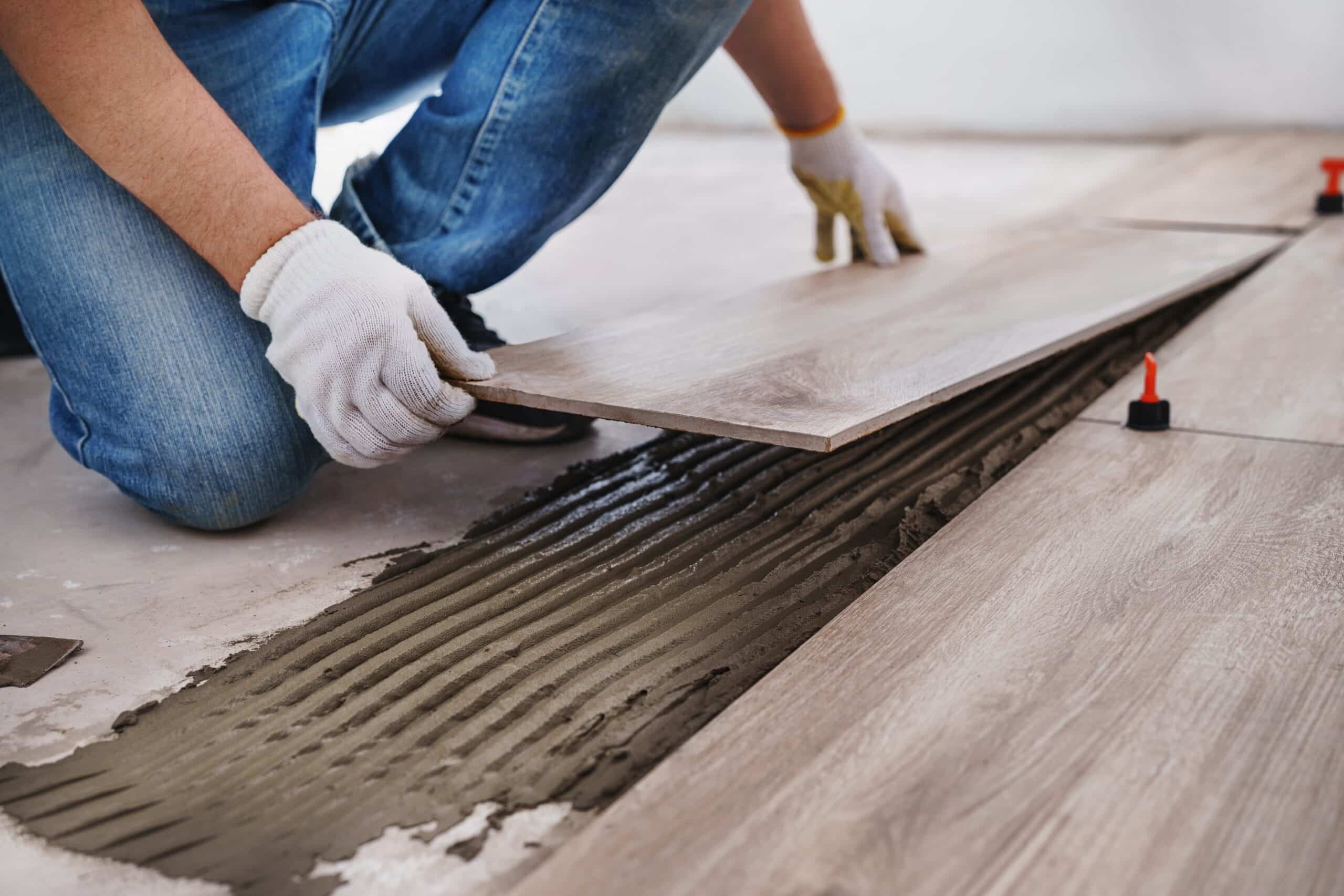Versatile, durable, and stylish, tiles have been a staple in home design for centuries. However, when it comes to ceramic vs. porcelain tiles, many homeowners still struggle to make the right choice. Is porcelain worth the extra investment? Does ceramic hold up in kitchens or bathrooms? In this guide, we’ll compare the two tile types side by side so you can choose the best tile for your home.
What Are Ceramic Tiles?
How They’re Made
Ceramic tiles are crafted from natural clay that is moulded and fired at lower temperatures than porcelain. This process makes the tiles slightly softer and more porous.
Common Uses
Ceramic tiles are commonly used for:
- Bathroom walls and backsplashes
- Light-traffic indoor floors
- Decorative accent walls
Pros and Cons of Ceramic Tiles
Pros
- More affordable than porcelain
- Easier to cut and suitable for DIY home improvement projects
- Available in a wide variety of colours, shapes, and finishes
Cons
- Less durable in high-traffic areas
- Unsuitable for outdoor use due to higher water absorption
- More prone to wear and tear and may chip over time
What Are Porcelain Tiles?
How They’re Made
Porcelain is made from more refined clay and fired at higher temperatures. As a result, porcelain tiles are harder, denser, and less porous.
Common Uses
Porcelain tiles are a go-to for:
- High-traffic flooring in areas like kitchens and entryways
- Outdoor patios and walkways
- Bathrooms, laundry rooms, and other moisture-prone areas
Pros and Cons of Porcelain Tiles
Pros
- Exceptional durability and longevity
- Superior water and stain resistance
- Can realistically mimic wood, stone, or marble
Cons
- Higher cost compared to ceramic
- Difficult to cut without specialized tools

Key Differences Between Ceramic and Porcelain Tiles
Durability and Longevity
If you are wondering, “Does porcelain tile break easier than ceramic?” The answer is no. Porcelain is denser, which makes it more resistant to chips and cracks, even in high-traffic areas. Ceramic tiles are often recommended for light to moderate use only.
Water and Stain Resistance
When comparing which is easier to clean, porcelain tile confidently wins over ceramic tile. Because of its non-porous structure, porcelain is difficult to stain and easy to clean. Ceramic requires more care since its porous structure can absorb spills if not properly sealed.
Appearance and Design Options
Both ceramic and porcelain tiles come in a variety of colours, styles, and textures. However, porcelain can also replicate natural stone, wood, or even concrete with stunning realism – something that can’t be achieved with ceramic tiles.
Installation and Maintenance
Ceramic’s softer body makes it easier to cut and install, even in a DIY fashion. Porcelain, on the other hand, is harder to cut and often requires professional installation. While more difficult to install, porcelain rewards homeowners with easier maintenance and a longer lifespan in the future.
Cost Considerations
Ceramic is generally more budget-friendly upfront. Porcelain requires a bigger up-front investment but may save money in the long run due to its durability and lower maintenance needs.
Which Tile Is Best for Your Needs?
So, is it better to have porcelain or ceramic tile? The answer depends on your space, budget, and priorities.
- Best choice for high-traffic areas: porcelain
- Best choice for budget-friendly projects: ceramic
- Best choice for outdoor or wet areas: porcelain
Additional Tips for Choosing the Right Tile
- Consider location. Match the tile’s durability to the foot traffic and moisture exposure of the space.
- Balance budget and longevity. A higher upfront cost of installing porcelain tile may pay off with easier maintenance and fewer replacements down the road.
- Think about maintenance. If easy cleaning is a priority, porcelain’s low-porosity surface makes it the winner.
- Style preferences. Ceramic offers plenty of affordable design options, while porcelain delivers high-end finishes.
Get in Touch with Rome Flooring for Professional Tile Installation
When installed professionally by Rome Flooring, both ceramic and porcelain tiles are excellent choices. However, the two flooring types serve different needs: ceramic is best for budget-conscious homeowners updating low-traffic areas, while porcelain is the winner when it comes to durability, moisture resistance, and long-term value.
Ready to choose the perfect tile for your home? Contact Rome Flooring today for expert advice and professional installation.